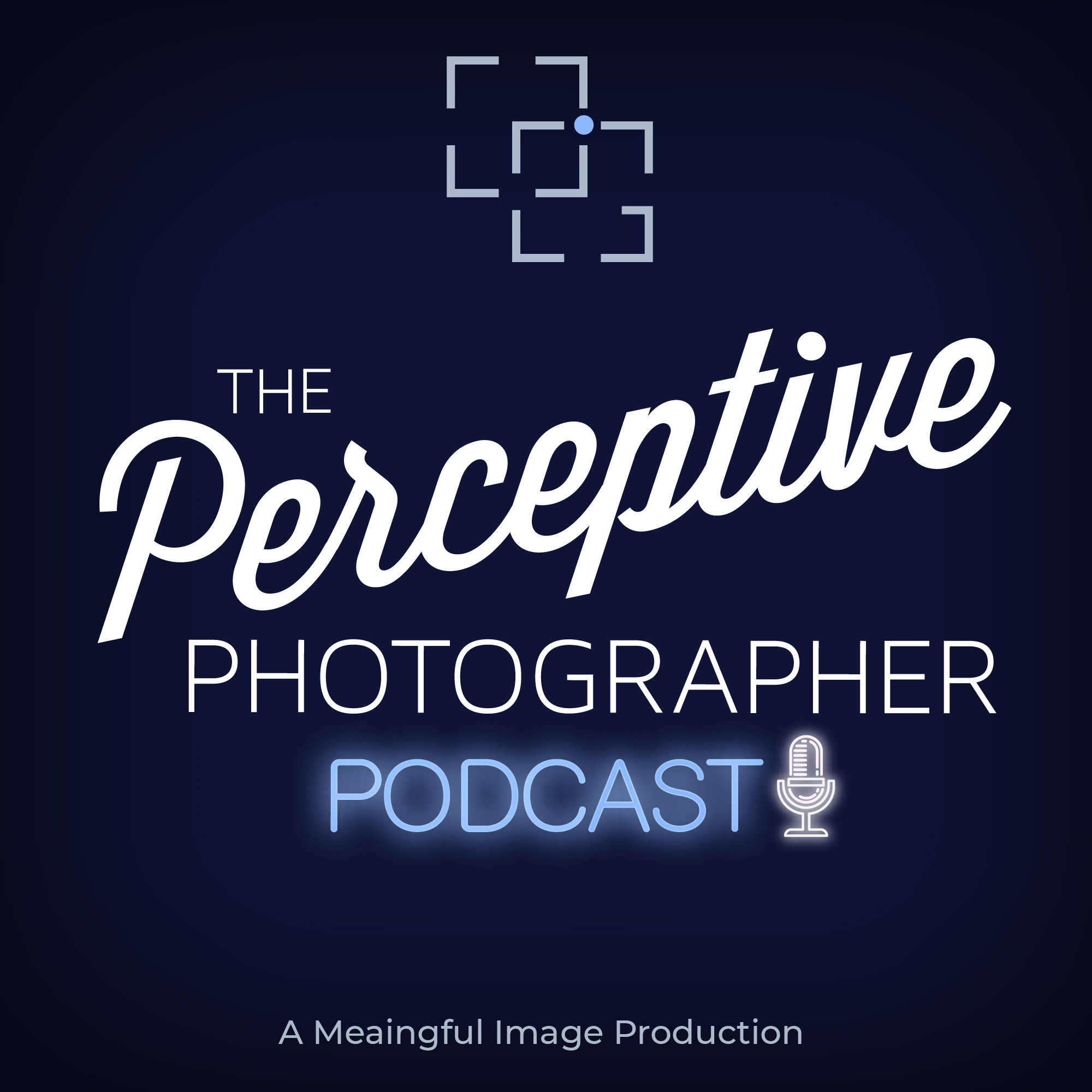Episode 357
In this episode of the Perceptive Photographer podcast, we dive into a new way of approaching the deletion of our images. I was asked by a friend how I approach deleting my images. We chatted about deleting the bad ones, duplicates, etc. In the course of that conversation, it occurred to me that these things that I was deleting or gear that I was selling all had value at one point. Maybe I learned something about technique from the bad photograph. Maybe I learned how to see better behind the camera. It was at that moment that I realized that we should take a moment and honor the things we get rid of or delete for what they taught up no matter how small. That maybe by changing our language from bad means delete to honored and then deleted might change how we approach our mental health in our creative work.
Gear used in the podcast
One of the questions I get asked frequently is what sort of equipment do I use to record my podcast. I have used a variety of equipment in the years that I have been recording, but here is the current list of equipment that I am using. Also as an FYI and full disclosure, the links are affiliate links to Amazon.
Rode Procaster XLR microphone
Rode Boom Arm
Rode PSM Shockmount
All three Rode components a kit
Focusrite Scarlet 2i2
Adobe Audition (part of creative cloud subscription)
LogicPro X
Macbook Pro
OWC Thunderbolt 3 dock
Headphones

